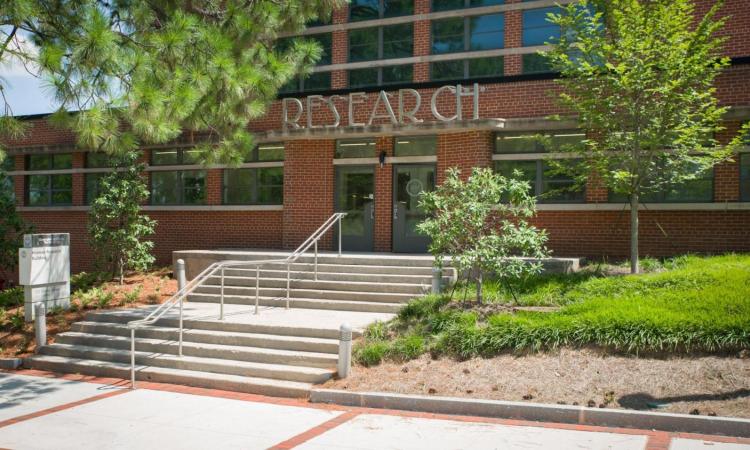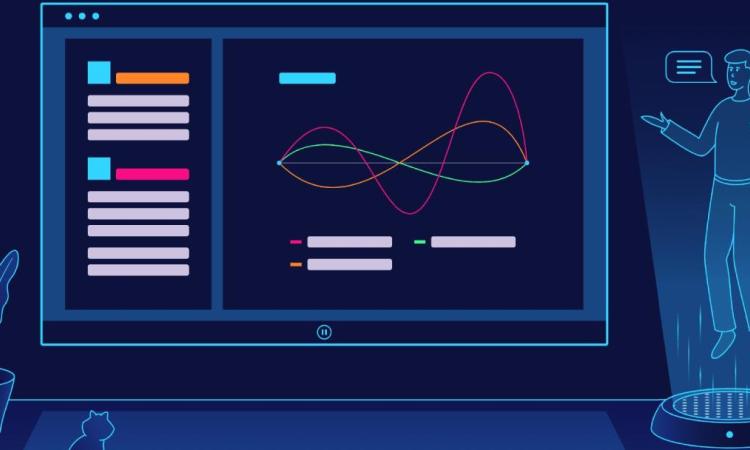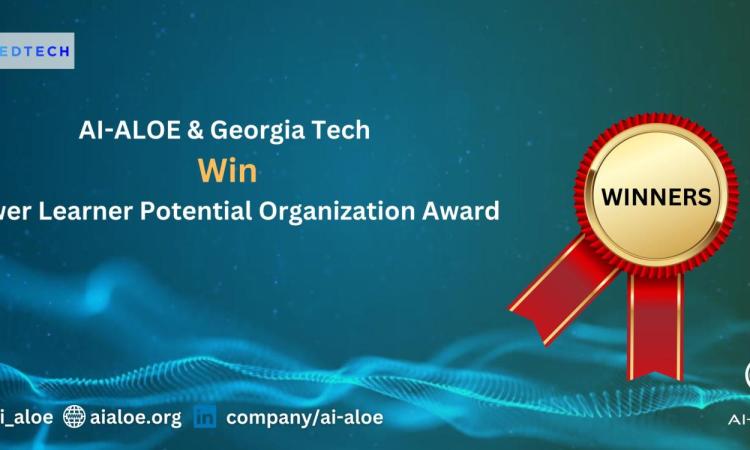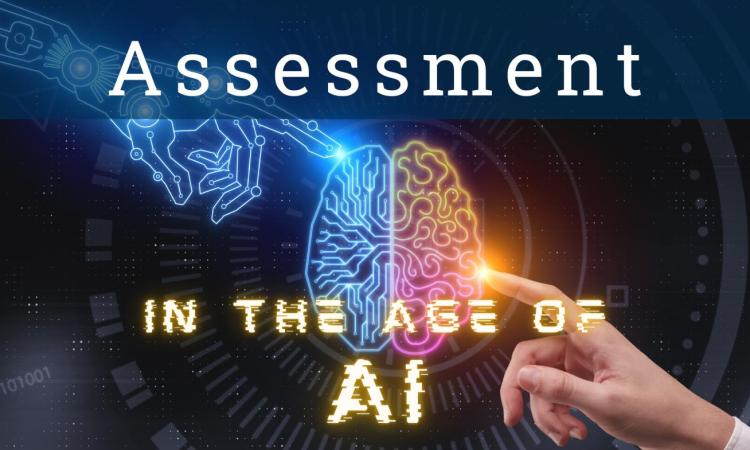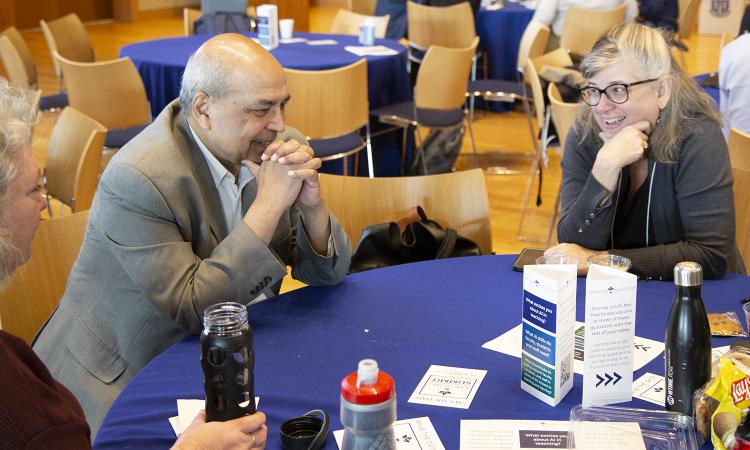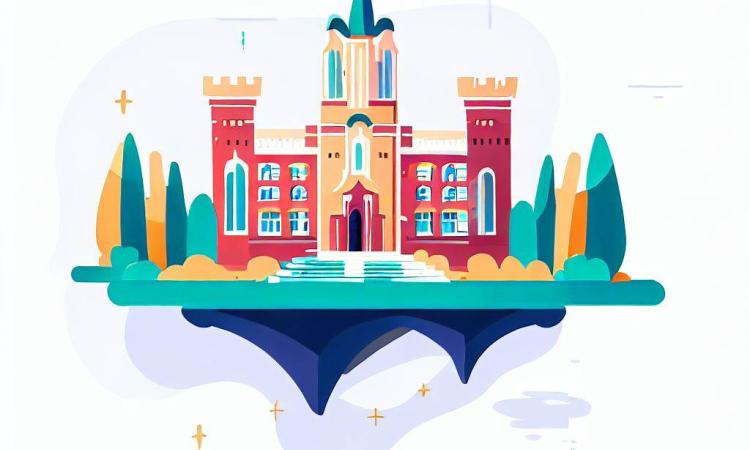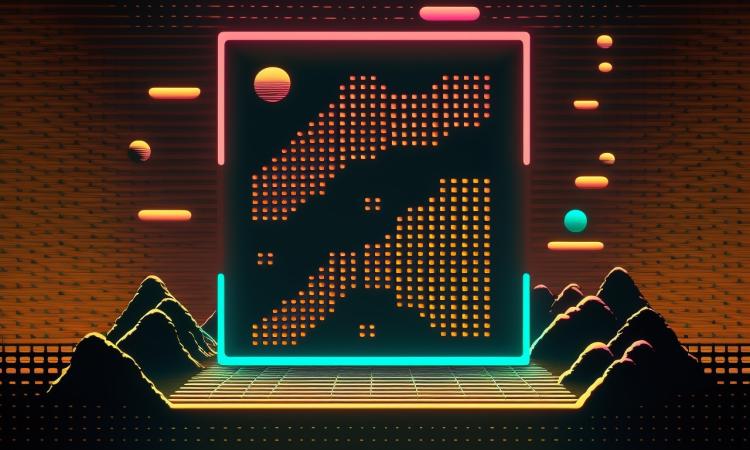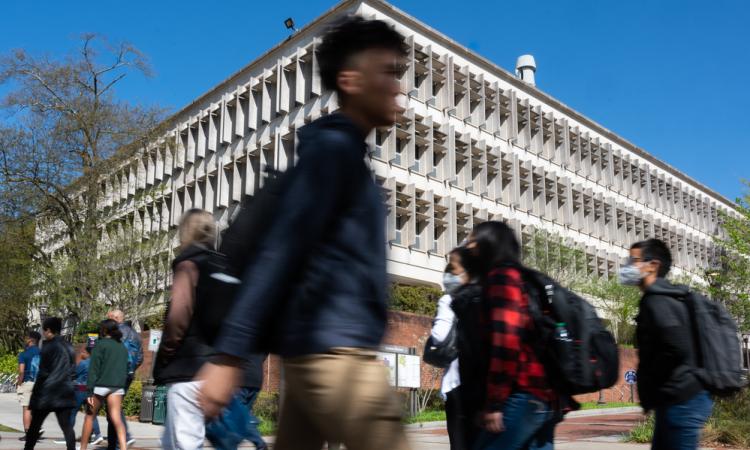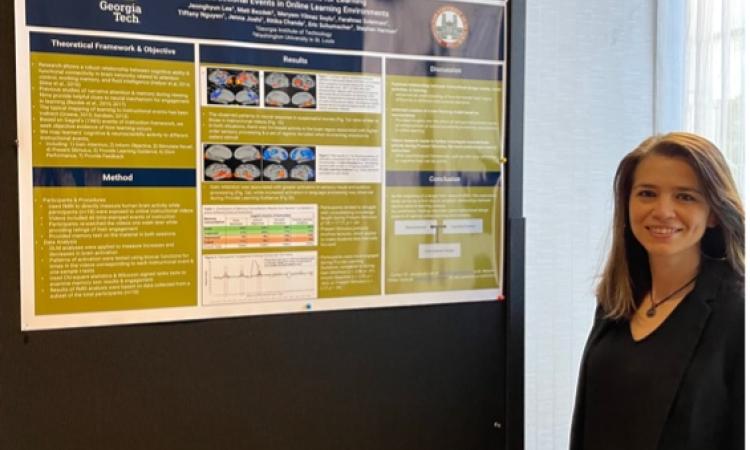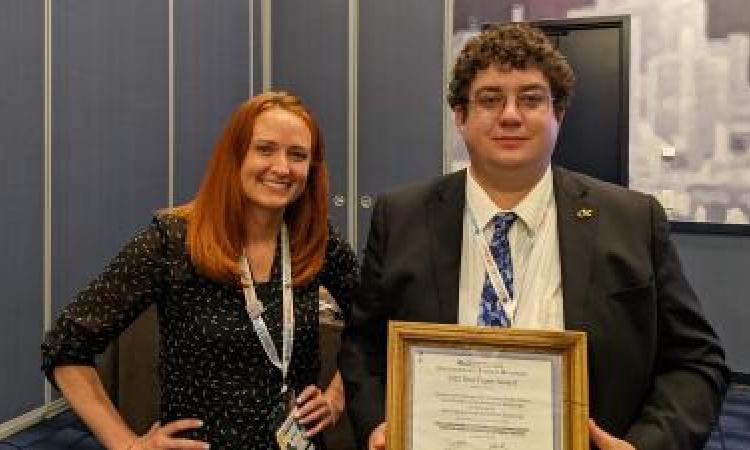AI Hub at Georgia Tech to Unite Campus in Artificial Intelligence R&D and Commercialization Efforts
As an AI-powered university, Georgia Tech is embracing AI throughout the Institute, incorporating it into academic programs and research to assist and amplify human intelligence in all areas of work. The vision of AI Hub at Georgia Tech is to advance AI through discovery, interdisciplinary research, responsible deployment, and next-generation education to build a sustainable future.
Georgia Tech's AI-ALOE Is Trying to Keep a ChatGPT-Powered Teaching Assistant From ‘Hallucinating’
Researchers at the Georgia Institute of Technology think they may have a way to keep the chatbots honest. And they’re testing the approach in three online courses this summer.
C21U Steers the Conversation on Digital Assessment
C21U's own Jeonghyun (Jonna) Lee recently joined colleagues with Times Higher Education on a discussion of the strengths and limitations of digital assessment and how it can best be used in higher education.
Georgia Tech and AI-ALOE Receive Global Recognition From 1EdTech Consortium
The National AI Institute for Adult Learning and Online Education (AI-ALOE) and Georgia Tech have been jointly honored with the Power Learner Potential Organization Award from 1EdTech Consortium™. The award was presented at the 2023 Learning Impact Conference on June 7 in Anaheim, California.
Assessment in the Age of AI: CTL's 2023 Teaching With Technology Summer Institute
CTL's Teaching with Technology Summer Institute will focus on using campus technologies to develop innovative assessments that both engage students and more authentically measure their learning. Participants will explore best practices to design assessments that deter cheating and gain a deeper awareness of learning technologies available at Georgia Tech to facilitate innovative assessments while minimizing grading and feedback load.
Effective Assessment Practices for a ChatGPT-Enabled World
Assessment methods that require students to produce authentic, novel, and personalized responses can help educators stay ahead of the uncertainty and workload that AI writers create.
C21U highlights AI research at Duke's Emerging Pedagogies Symposium
Duke Learning Innovation recently organized the “Emerging Pedagogies Symposium: Teaching and Learning in the Age of AI”, which featured a keynote address from C21U's Chief Scientist, Ashok Goel. Goel discussed the far-reaching implications of artificial intelligence for teaching, learning, and educational research.
ChatGPT vs. Higher Education: The Showdown! Highlights from C21U's Brownbag Seminar with Dr. Lane Lawley
Recaps the discussion on the Future of Higher Education in the Age of AI at Georgia Tech on April 7th 2023.
AI-ALOE Builds on ChatGPT for Innovations in Adult Learning and Online Education
Recent advances in Generative AI such as ChatGPT and GPT-4 offer new opportunities for learning and education. However, these systems also suffer from problems and pitfalls such as biases and hallucinations. Further, much of the inner functioning of GPT-4 remains opaque to the research community. We detailed four examples of AI-ALOE’s safe and responsible use of ChatGPT as a tool for natural language processing.
Assessing Student Learning in the Age of AI: White Paper Highlights the Need for Faculty Adaptation and Innovation
White paper highlights transformative assessment methods in response to ChatGPT's threat to traditional education, featuring insights from Center for 21st Century Universities thought leaders.
Georgia Tech's C21U to host brownbag seminar on the impact of ChatGPT and large language models on higher education
Get ready to join Georgia Tech’s Center for 21st Century Universities (C21U) for an insightful lunchtime brownbag seminar! In this event, we will delve into the fascinating topic of the impact of ChatGPT and large language models on higher education.
The Future of Digital Credentials: Employer Perspectives and Insights from C21U's Research
C21U researchers presented their findings to Digital Credentials Consortium (DCC), a collective of higher education institutions across North America and Europe working together on building the digital credentialing infrastructure for education systems of the future.
Times Higher Education podcast: is AI in higher education worth the hype?
We may be a long way from understanding exactly how higher education can harness AI and machine learning’s great potential safely, but this episode's guests say that continuing to test and explore it is the only way to make progress
Working Groups Established to Explore Lifetime Learning Unit
The Georgia Institute of Technology is announcing its intention to launch a new academic unit dedicated to lifetime learning. The new unit will bring together three entities whose work underpins its mission and vision: Georgia Tech Professional Education (GTPE), the Center for Education Integrating Science, Mathematics, and Computing (CEISMC), and the Center for 21st Century Universities (C21U).
Why My Hobbies Make Me a Better Scholar
Non-academic skills, both motor and cognitive, can enrich research capabilities in unexpected and often unexamined ways, writes Stephen W. Harmon.
Georgia Tech Art Exhibition 'Extension of Self' Explores What it Means to be Human in a Digital World
“What does it mean to be human in a digital world?” That question is the focus of the new exhibition at Georgia Tech, “Extension of Self.” Curator Birney Robert is using art to promote STEM accessibility in a new show on view through Oct. 14, with the promise of another next year.
In the Loop: How Formative Feedback Supports Remote Teaching
During the pandemic, assessment of student learning became even more important than usual as instructors sought tools to gauge student success in a remote, unexpected (and, for many instructors, new) educational environment. Prompted by Georgia Tech’s emergency shift to remote instruction, our team at the Center for 21st Century Universities (C21U) piloted a key performance indicator (KPI) tool designed to provide instructors with expanded insight into student learning and success in remote courses.
Georgia Tech to Explore New Academic Unit, Aligns Key Units
Steve McLaughlin, provost and executive vice president for Academic Affairs at Georgia Tech, has announced that initial planning is underway to explore the creation of a new academic unit around lifetime learning.
C21U Research Presents at 2022 IMBES Conference
The C21U research team presented ongoing work, Relating Neural Mechanisms for Learning to Instructional Events in Online Learning Environments, at the 2022 International Mind, Brain and Education Society (IMBES) Conference, in Montreal, Canada on July 21st - 23rd, 2022.
Public Policy Researchers Win Awards for Paper Revealing Need for Strengthened Ethics Education for Computing Students
A team of researchers composed of members from Georgia Tech’s School of Public Policy, College of Computing, and the Center for 21st Century Universities took home multiple awards from the American Society for Engineering Education’s (ASEE) 2022 Annual Conference and Exposition for their paper.
Pagination
- Previous page
- Current page 3
- Next page
(text and background only visible when logged in)
